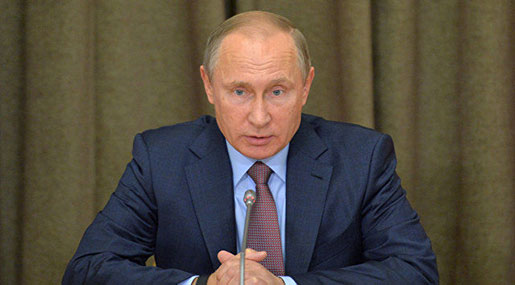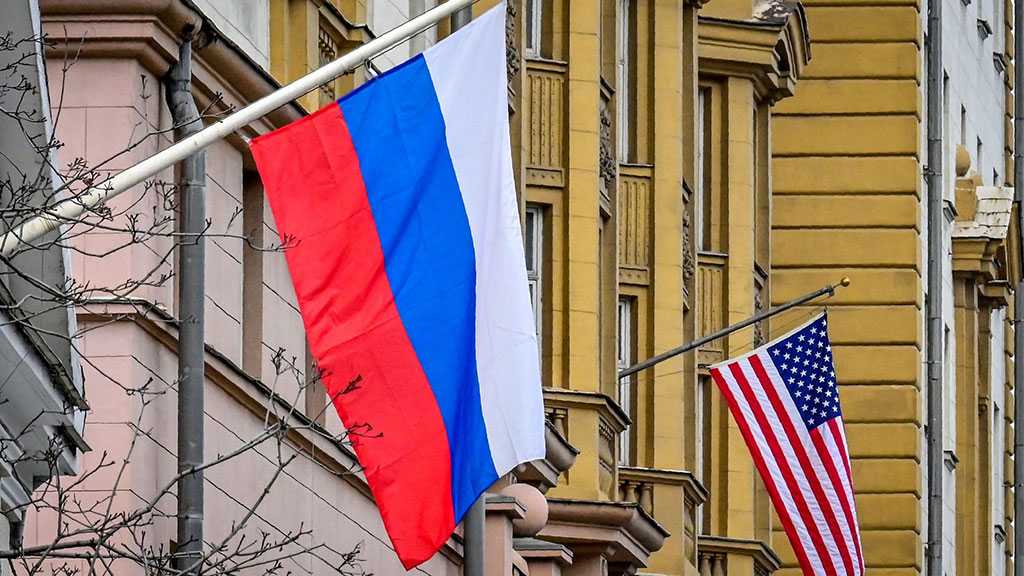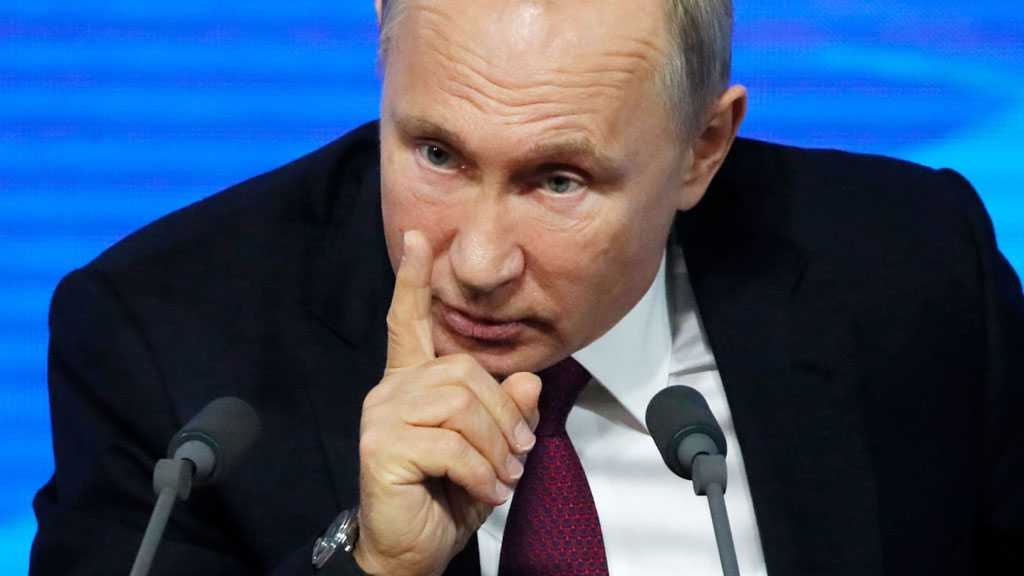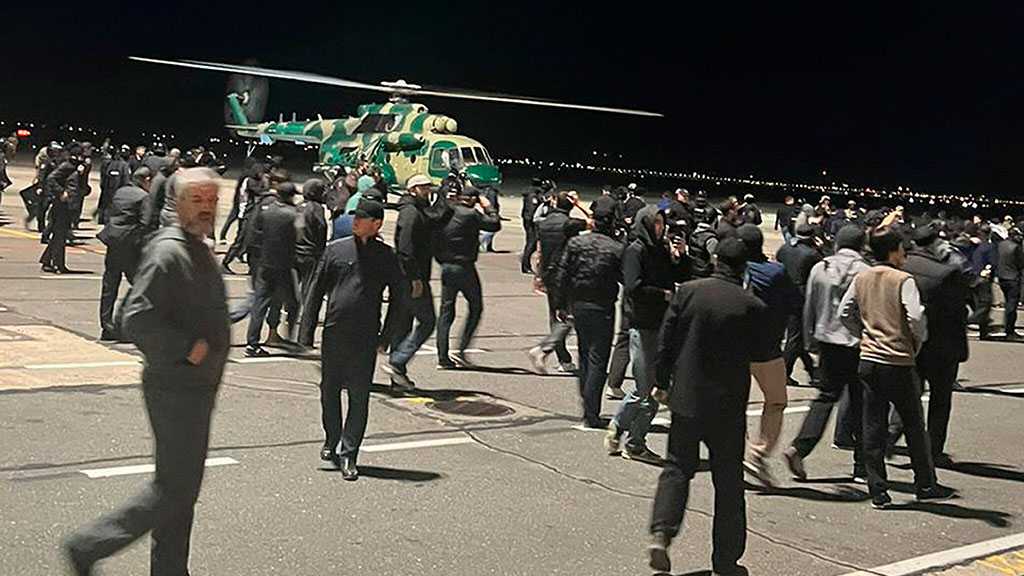
Putin Signs New Russian Information Security Doctrine

Local Editor
Russian President Vladimir Putin signed a new information security doctrine, the result of foreign states intensifying their efforts in information and psychological strategies to affect the internal affairs of other sovereign countries and destabilize them.

The doctrine stated that the limitless flow of information has a negative impact on international security, as it can be employed to pursue geopolitical and military goals, thus favoring organized crime, extremists, and terrorists.
One of the main aspects that affects information security is the build-up in "capacities to influence information infrastructure by a number of countries in pursuit of military objectives."
Notably, intelligence agencies of certain countries launch information and psychological operations to destabilize societies in various regions, thus undermining sovereignty and the territorial integrity of other states.
These operations, coupled with the widespread use of information technologies, may involve faith- and ethnicity-based organizations, as well as human rights groups.
In turn, terrorist and extremist groups make use of psychological operations to stir up ethnic and religious discord, intensify tensions in societies, propagate extreme views, and recruit new followers.
Russia and its allies are not immune to these threats, the doctrine stresses, as certain states deliberately use various information technologies to undermine Russia's political and social stability, as well as territorial integrity.
In the meantime, the doctrine notes, Russian government agencies, scientific centers, and military industries are being targeted by foreign intelligence services by means of electronic and cyber surveillance.
This alarming trend is also seen in the increasing bias against Russian policies in foreign media, while Russian journalists working abroad are subject to "blatant discrimination," facing numerous obstacles in the course of their work.
The Russian population, particularly the youth, is affected by these information and psychological operations, which aim to "erode the spiritual and moral values inherent in the Russian people."
To counter threats and challenges in the information environment, Russia will build "strategic deterrents" and step up efforts to "prevent armed conflicts that stem from the use of IT," as well as neutralize psychological operations targeting "historical foundations and patriotic values."
The doctrine also instructs government agencies to counter "extremist ideologies, xenophobia, and ethnic exceptionalism" which could undermine Russia's sovereignty and stability.
Russia will also strengthen critical information infrastructure to protect against cyber and computer network attacks.
Source: News Agencies, Edited by website team
Comments
- Related News

Moscow: Talks with US Unlikely
4 months ago
Russia Warns Its Nationals Against Traveling To US
5 months ago
